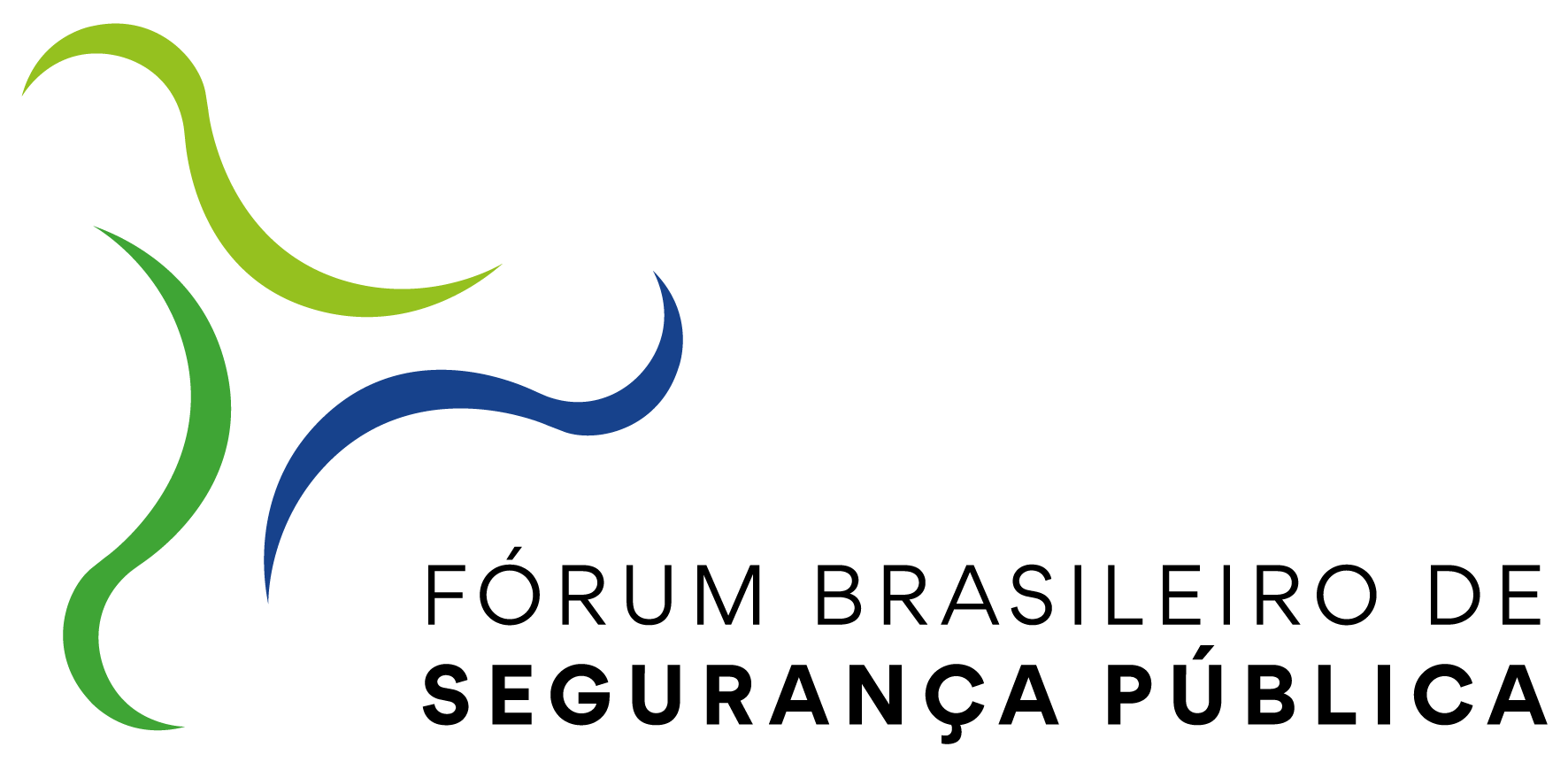Editorial Workflow - Special Issues and Dossiers
SPECIAL ISSUES AND DOSSIERS
The Revista Brasileira de Segurança Pública, in addition to its regular editions, periodically publishes special issues and dossiers. These are submited and organized by guest editors with doctoral degrees and an academic background relevant to the proposed theme. The themes are suggested by the guest editors, as long as they are in line with our focus and scope. The schedule is established in advance between the editorial board and the guest editors, contemplating deadlines consistent with the execution of the project, and is subsequently published in the news section of the journal's website.
All editorial decisions regarding the special issue or thematic dossier section are the responsibility of the guest editors, such as desk review, indication of referees, acceptance or rejection of submissions, among others. However, throughout the project, the technical and editorial staff monitors the guest editors to ensure support and compliance to the norms and guidelines of RBSP. In order to ensure the excellence of the RBSP editorial process, all articles written by guest editors must go through the double-blind review process, and from desk review to the final approval decision will be the responsibility of the RBSP editor. It is important to emphasize that, in order to meet the requirement of exogeneity demanded by the indexers in which the journal is indexed and aiming for a more rigorous editorial practice, editors can only participate as authors or coauthors in a maximum of 20% of the articles published in each issue. This means that at least 80% of the texts must have collaborations of authors from outside the publishing institution and the organizers of the issue.
To facilitate the understanding of the RBSP guidelines and flows, a detailed guide will be
provided to the guests, containing all the necessary rules, information and steps.
What is a Dossier?
It is a short compilation of texts that reflect on a certain theme that has impact and relevance to the current context of the Public Security field. Maximum number of texts: seven.
What is a Special Supplement?
Special issues are composed of a larger number of works that can
bring a broader perspective to the discussions around themes of high relevance to the current context, and the current context, and may be related to the debate and consolidation of projects, public policies
and consolidation of projects, public policies, emerging or classic research areas. Maximum number of texts: eighteen.
Editorial flow
The flow of Special Issues and dossiers begins with the opening of a specific call for papers and with a deadline for closing submissions. The papers received compose a separate flow, whose texts are submitted only for the calls for papers. Thus, texts that are not accepted for publication in a special issue or dossier will be rejected, and may be resubmitted to the RBSP regular flow, going through all the evaluation stages. The editorial flow of special issues and dossiers follows the same rules as the regular flow, according to the steps listed below:
Stage 1: Acceptance of the text submission by the editors. The submitted manuscripts will be reviewed by the editorial board (within 30 days) to check for plagiarism, using free software, and to determine whether the article is in accordance with the editorial policy, the Code of Ethics, and the submission guidelines. If the text is approved in this first stage, it will be forwarded by the editor in charge for blind peer review by ad hoc referees who demonstrate expertise in the field.
Stage 2: Forwarding to the reviewers. This consists of inviting two experts in the field, with the necessary qualifications for peer review, to give their opinion on the article. Each reviewer has 60 days to verify the relevance of the article to the editorial policy, the theoretical and methodological adequacy of the text in relation to the proposed objectives, and the contribution of the results to the area of public security. The evaluators may: (a) indicate the publication without revision; (b) indicate the publication, provided that revisions are made; (c) submit the article again for the evaluator's evaluation, after the requested changes are made; or (d) reject the text for publication.
Stage 3: Revision of the manuscript. The reviews are sent to the authors so that the text can be adapted, if necessary, within the period established by the editors (between 60 and 90 days). The RBSP reserves the right to reject texts whose changes are not forwarded within the established deadline.
Stage 4: Acceptance for publication. The revised text is sent by the authors to the editors to confirm that the changes suggested by the referees were properly incorporated into the text, authorizing its insertion in the dossier or special issue. The editors reserve the right to reject those manuscripts that do not comply with the referees' requests.
Stage 5: Review for publication. The editorial team forwards the accepted text for orthographic, grammatical, and stylistic revision. The revised texts will be approved and adjusted by the authors before publication. If the authors do not respond to the reviewers' suggestions within the stipulated deadline, the suggestions will be considered accepted. The revision aims to ensure the comprehensibility and formal quality of the articles published in the journal. The editorial board reserves the right not to publish articles whose reformulation disregards the suggestions of the reviewer without reasonable justification.
Stage 6: Publication of the articles on the RBSP website, after the texts have been diagrammed.
For further clarifications and doubts about the editorial flow of dossiers and special issues
contact the RBSP team through the email revista@forumseguranca.org.br.


